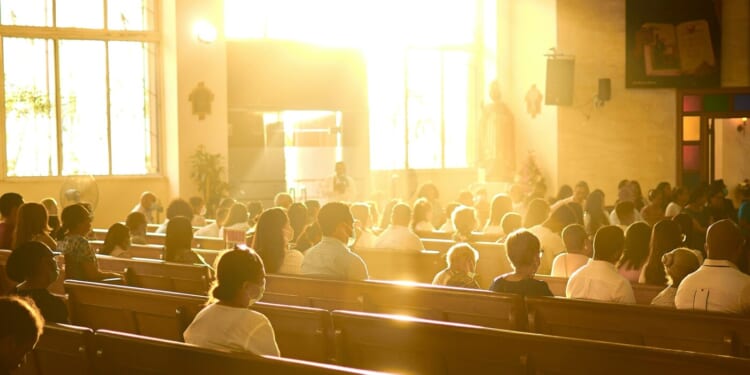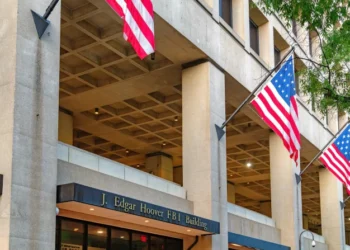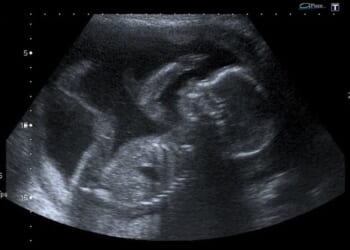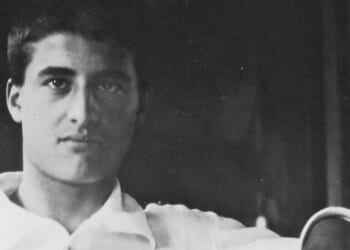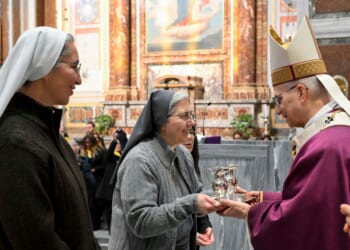The two most important actions we can carry out on this side of eternity are: receiving Holy Communion and receiving absolution in the sacrament of Confession.
These are two of the most intimate encounters with Our Lord. In the reception of the most Holy Eucharist, we receive Jesus Himself in His Body, Blood, Soul, and Divinity—nourishment and strength for our spiritual journey towards our eternal home, Heaven. And in Confession, we encounter Christ as our Divine Physician, who provides us the necessary healing from the ailments of sin.
Jesus came both to nourish us and to heal us of our iniquities and sicknesses that we contract due to our own personal sins. As confirmed by the messages of Jesus to St. Faustina, we should have a limitless trust in the infinite mercy of God. The worse sin is the lack of trust in the boundless mercy of the Sacred Heart of Jesus. In Our Lord’s revelations to her, she writes that the greatest sinner can become the greatest saint upon one indispensable condition—trust. And as St. Paul reminds us, “Where sin abounds, the mercy of God abounds all the more” (Rom. 5).
Our Disposition
As Catholics we have the unique and greatest privilege of being able to receive Jesus, the Bread of Life, on a daily basis if we desire. The graces we receive upon its reception depend on our interior disposition. Theologians term this dispositive grace. The graces we receive can be paltry, mediocre, and limited—or they can be limitless, like all the waters of the ocean flooding into our souls. The difference is not in the Eucharist but in its recipient—in our improper disposition, outward distractions, and/or downright laziness.
Thanksgiving
Though it is incumbent upon us to prepare our souls to receive the Eucharistic Lord with the best of dispositions, we will focus in this article on the paramount importance of our efforts after receiving Him. In the reception of Holy Communion, the Lord, the very Creator of the universe, has entered into our souls. We must thank Him fervently, passionately, lovingly, and confidently.
This being the case, we would like to offer various suggestions on how to improve our thanksgivings after the Eucharistic Lord has deigned to enter our humble abode.
- APPRECIATE
This first point must be emphasized to the highest degree: Never take the Lord for granted; avoid routine, becoming jaded, nonchalant, or lackadaisical in the reception of the Bread of Life. The following should be our motto in every reception of Holy Communion: “Receive the Eucharistic Lord as if it were for the first time, the last time, the only time in your life.” This attitude of appreciation should characterize our eucharistic state of being always!
- GIVE THANKS
Upon the entrance of Jesus into your soul, your heart should burst out in a hymn of thanksgiving. In the words of the Psalmist, “Give thanks to the Lord for He is good; His mercy endures forever.” May we never imitate the nine lepers, who, after having been healed by Jesus, went on their way without a word of gratitude. Instead, may we be the one leper who ran back to Jesus and thanked Him profusely.
- PRAISE
In his Spiritual Exercises, St. Ignatius of Loyola instructs us that the primary purpose of our existence is to praise and reverence God our Creator (#23). What better time and manner to praise God than when we have received Him in the depths of our souls. Praise Him with songs, canticles, and psalms. Praise Him with the Divine Praises:
Blessed be God.
Blessed be His Holy Name.
Blessed be Jesus Christ, true God and true man.
Blessed be the Name of Jesus.
Blessed be His most Sacred Heart.
Blessed be His most Precious Blood.
Blessed be Jesus in the most Holy Sacrament of the altar.
Blessed be the Holy Spirit, the Paraclete.
Blessed be the great Mother of God, Mary most holy.
Blessed be her holy and Immaculate Conception.
Blessed be her glorious Assumption.
Blessed be the name of Mary, Virgin and Mother.
Blessed be St. Joseph, her most chaste spouse.
Blessed be God in His Angels and His Saints.Another prayer of praise, shorter but very pleasing to God is: O Sacrament most holy, O Sacrament divine, all praise and all thanksgiving be every moment thine. If you like, you can even sing this prayer, for “He who sings well prays twice” (St. Augustine).
- BEG
St. Augustine states that we are all beggars before the Lord, who is rich beyond measure and abundantly generous. Bartimaeus, the beggar who suffered blindness, once cried out, and Jesus healed him. We too need the Lord Jesus desperately for everything—especially to avoid sin and live in the state of grace. As the poet states: “In Him we live and move and have our being.” When we are united with the Eucharistic Lord is the best time to bring our needs to Him. Many graces we never receive for the simple reason that we fail to ask (Mk. 10:46).
- OFFER WORRIES, FEARS, AND ANXIETIES
We all live with worries. We have problems, fears, and insecurities. The fact of the matter is that if we do not bring our problems to the Lord, they worsen; and often the devil is behind this. He can turn the molehill into the mountain, blowing our problems out of proportion. The inspired words in the Letter of St. Peter captures the lesson we ought to practice: “Cast your cares upon the Lord because He cares for you.” The Eucharistic Lord can resolve the biggest of your problems and worries in a mere bat of the eye. Trust your cares to Him.
- REST IN THE LORD
At the Last Supper, Jesus’ best friend, John the Evangelist, rested his head on the Sacred Heart of Jesus. In our Communions and thanksgivings, simply rest in His Heart. Jesus’ consoling words can help in this practice: “Come to me all of you who are weary and find life burdensome and I will give you rest. Because my yoke is easy, and my burden is light” (Mt. 11:28-30).
- MAKE REPARATION
One of the most important messages that Jesus conveyed in His apparitions to St. Margaret Mary was His suffering at the ingratitude of so many. Jesus, revealing His Sacred Heart, shared: “Behold the Heart that loves so much and receives only indifference, coldness and ingratitude.” After each Holy Communion, apologize to Him for our coldness and indifference, as well as that of the whole world, and offer Him the fire in our hearts.
- LOVE
When all is said and done, what Jesus wants more than anything else in the world is our love. St. John of the Cross, the great Mystic, Doctor of the Church, and spiritual director of St. Teresa of Avila, stated, “In the twilight of our existence we will be judged on love.” Perhaps the best prayer that can rush from the depths of our hearts—especially when the Eucharistic Jesus is in our hearts—are these simple but most important words: Jesus, I love You! After Holy Communion, repeat these words over and over. This will enkindle the fire of love in your hearts and set you ablaze in a cold and indifferent world.
- PRAY TO OUR LADY OF THE EUCHARIST
Our reflection would be incomplete if we did not invite Mary, Our Lady of the Eucharist, into our acts of thanksgiving toward her Son. Mary received Jesus into her most pure and Immaculate Heart upon her Fiat: “Behold, I am the handmaid of the Lord, be it done to me according to your word.” Then she went in haste to bring Jesus to others, to her cousin Elizabeth in need. Our reception of the Eucharist and fervent thanksgiving for it will launch us into the world with the love of God to be true messengers of His love. Jesus said, “I have come to cast fire on the earth, and how I wish it were already kindled!” (Lk. 12:49).
Let us strive on a daily basis to improve and perfect our thanksgiving after Holy Communion, for there is no greater action this side of eternity for us mortal creatures than to receive Him. One Holy Communion is worth more than the entire created universe.
May your reception and thanksgiving of Jesus in the Eucharist set your hearts on fire with His love and may you be a bright and burning torch to the four corners of the world!
Photo by Maiko Valentino Baez Brito on Unsplash

